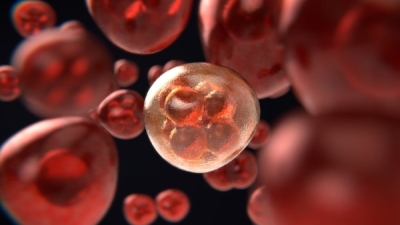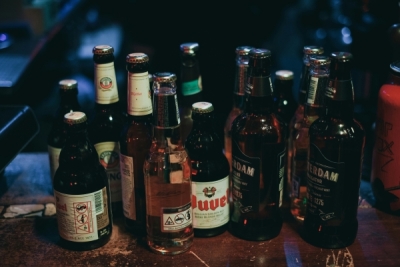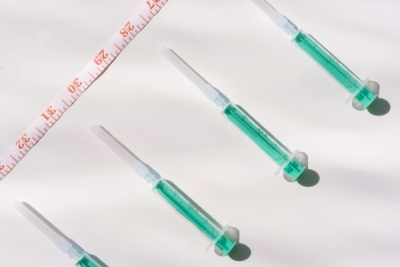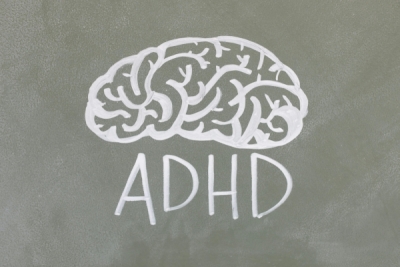Effects of Reducing or Ceasing Alcohol Consumption on Cancer Risk
Effects of Reducing or Ceasing Alcohol Consumption on Cancer Risk
In 2020, it was estimated that 741,300 new cancer cases worldwide were caused by alcohol consumption. This represents 4.1% of all new cancer cases, with 6.1% among men and 2.0% among women (1).
An independent group of international experts convened by the International Agency for Research on Cancer (IARC) reviewed the existing literature to assess the effectiveness of reducing or stopping alcohol consumption in decreasing the risk of alcohol-related cancers, such as cancers of the oral cavity, pharynx, larynx, esophagus, colorectal area, liver, and female breast. Additionally, the group identified and evaluated the mechanisms of alcohol-induced carcinogenesis that may be reversed with cessation of consumption (2).
The IARC classifies alcoholic beverages, ethanol in these beverages, and acetaldehyde associated with alcohol consumption as carcinogens for humans. In addition to ethanol and acetaldehyde, alcoholic beverages may contain various toxins derived from raw materials used or that may arise during the production process.
There are several mechanisms linking alcohol to cancer, one of the most well-understood scientifically being genotoxicity, where acetaldehyde causes damage to our DNA, such as breaks and structural changes. These alterations can lead to errors in DNA replication, resulting in mutations. Over time, these mutations can accumulate and lead to cancer development, especially in parts of the body that come into direct contact with alcohol, such as the mouth, throat, and esophagus (2).
An important measure used is the Population Attributable Fraction (PAF), which helps understand how many cancer cases can be attributed to alcohol consumption in a population. To calculate PAF, researchers use data on: how much people drink; the cancer risk associated with alcohol; how many cancer cases exist. However, there are limitations, such as incomplete data, underreporting of alcohol consumption, other factors affecting the data (like smoking), and population differences. Despite these limitations, PAF is useful for understanding and preventing alcohol-related cancers.
CISA, in its annual report “Alcohol and Brazilian Health,” uses these fractions to calculate the burden of alcoholic beverages on the Brazilian population. To learn more, download the report for free on our website.
According to the study conducted by the IARC, reducing or ceasing alcohol consumption is associated with a lower risk of oral and esophageal cancers, with sufficient evidence to support this conclusion. There is limited evidence suggesting a reduction in the risk of laryngeal, colorectal, and breast cancers with the cessation of alcohol consumption. However, there is inadequate evidence to indicate that reducing or ceasing alcohol consumption lowers the risk of pharyngeal and liver cancers. Overall, researchers conclude that stopping alcohol consumption may be beneficial for reducing the risks of certain types of cancer, but the strength of the evidence varies among different cancer types.
References:
- Rumgay, H., Shield, K., Charvat, H., Ferrari, P., Sornpaisarn, B., Obot, I., Islami, F., Lemmens, V. E. P. P., Rehm, J., & Soerjomataram, I. (2021). Global burden of cancer in 2020 attributable to alcohol consumption: a population-based study. The Lancet. Oncology, 22(8), 1071–1080. https://doi.org/10.1016/S1470-2045(21)00279-5
- International Agency For Research On Cancer. IARC Handbooks of Cancer Prevention: volume 20A - Reduction or cessation of alcoholic beverage consumption. Lyon: IARC, 2024











